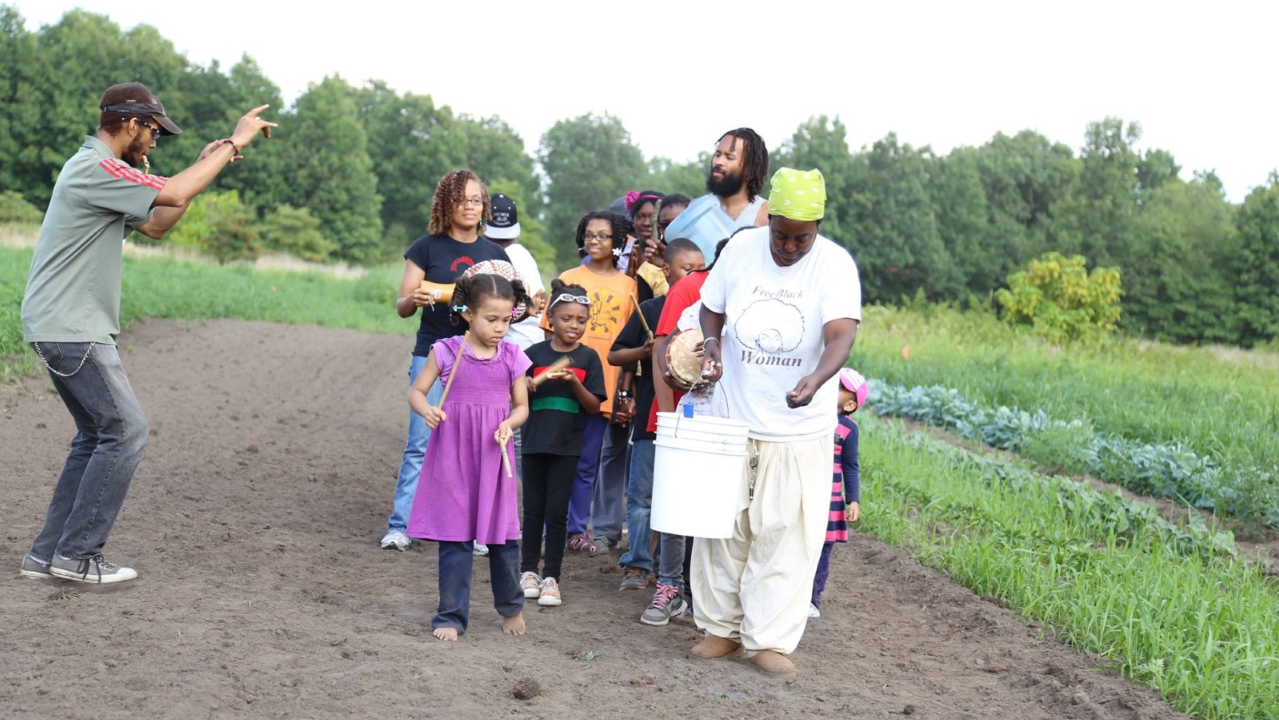
Transitioning Minnesota’s buildings—homes, businesses, schools, hospitals and medical practices, and more—to carbon-free, renewable electricity has the potential to reduce utility costs, increase housing affordability, improve community health and safety, and help state and local governments achieve climate goals. This process is called building decarbonization—converting appliances like furnaces, water heaters, and stoves from fossil fuels to clean, carbon-free electricity, and conducting energy efficiency and weatherization upgrades or retrofits.
Fresh Energy has been front and center in that transition process for 30 years, working to create a carbon-neutral economy through strategies that blend energy efficiency, beneficial electrification, innovation, and more across Minnesota’s industrial, transportation, agricultural, and building economies. But we don’t do it alone—because this energy transition must be just and equitable, and because we need the movement to extend across the Midwestern region. That’s why Fresh Energy is proud to incubate the Midwest Building Decarbonization Coalition (Midwest BDC or the Coalition), which supports equitable deep decarbonization strategies across the Midwest building sector that address the regional challenges of cold climates. Now in its third year, the Midwest BDC brings local, state, regional, and national stakeholders together to learn from one another and seize the opportunity to affect a just energy transition by centering Environmental Justice communities who have been ignored, polluted, and pushed into unaffordable housing and debt.
From Illinois, Indiana, and Iowa to Michigan, Minnesota, Missouri, Ohio, and Wisconsin, the Midwest BDC is actively engaged at local, state, and regional levels to build a movement and equitably decarbonize the Midwest. And thanks to the ongoing efforts of the Midwest BDC team, the Coalition is growing. Last year, the Midwest BDC launched its inaugural Participation Stipends and Empowerment Grants program, a unique re-granting model run by a committee of Midwest BDC members aimed at energizing local work across the Midwest in equitable building decarbonization. This program provides grants (ranging from $35,000-$50,000) and stipends (ranging from $3,000-$8,000). The program has two main goals: (1) Help build the Coalition base in each state, and (2) ensure that the Coalition continuously operates with equity first. In this first cycle of the program, a total of $518,500 was invested into Black, Indigenous, and other People of Color- (BIPOC-) led community organizations committed to building power in BIPOC communities across the Midwest.
Building community power and facilitating justice
To better build equity into its ongoing work, Midwest BDC began offering two sources of funding to Coalition members in 2021: One to support participation (Participation Stipends) by BIPOC individuals and organizations directly involved in equity, environmental justice, and building decarbonization, and one offering Empowerment Grants to take action on one or more of the Coalition’s five domains of work; equity, market transformation, consumer inspiration, public policy, and research.
To align the Coalition’s work with Justice40 and the Climate Funder’s Justice Pledge, Midwest BDC has committed 40 percent of its annual budget to these grants. Recipients are determined by a sub-committee of the Midwest BDC Equity Working Group with Coalition staff providing support as requested by committee members. The sub-committee awarded their first round of grants in November 2021 and January 2022, with plans to offer a second round in November 2022.
The program is unique in its commitment to justice and its equitable granting process. The committee is predominantly people of color representing local and state leaders in Environmental Justice, with a wide range of experience working to improve quality of life through clean energy, efficiency, and electrification in under-resourced communities. Communities of color face disproportionate negative impacts of extreme weather, air and vehicle pollution, and high energy bills. By undertaking this program, the Midwest BDC is set on building crucial power in BIPOC communities and facilitating a sort of incubation program, helping local organizations and community leaders gain experience with the ins and outs of the grantmaking process.
As part of the process, organizations submit a formal application, followed by online site visits conducted by members of the Grants sub-committee of the Equity Working Group. Members of the Grants sub-committee of the Equity Working Group also provide final approval of prospective awardees.
For the inaugural cycle of the program, 48 participation stipends and eight empowerment grants were awarded. The list of Grants sub-committee members and awardees is as follows:
Sub-granting committee of the Equity Working Group:
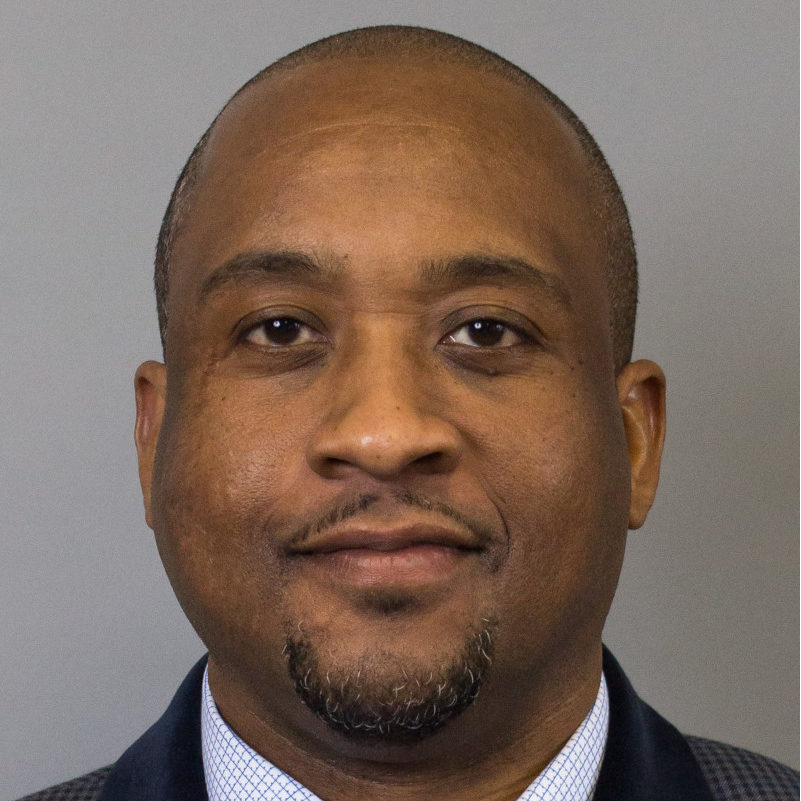
Gary Ringer
Southfield Community Development Corporation (Michigan)
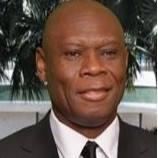
Gregory Norris
Aces4Youth (Illinois)
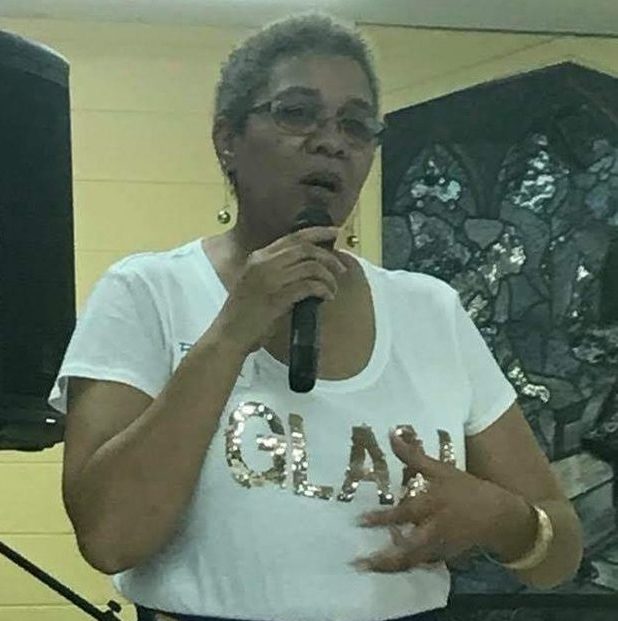
Bishop Marcia Dinkins
Black Women Rising (Ohio)
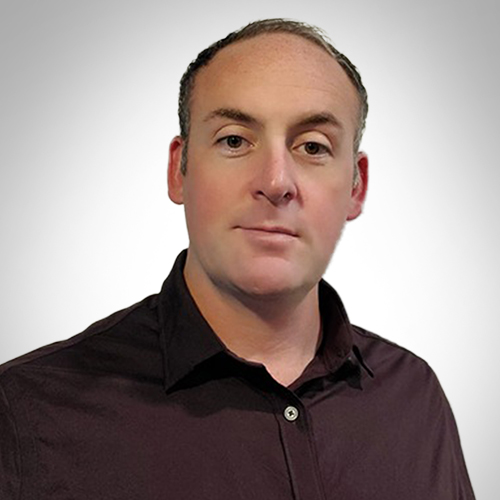
Hank Love
Elevate (Illinois)
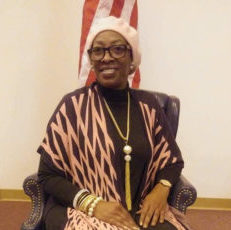
Sheila Curry-Campbell
Fort Wayne Urban League (Indiana)
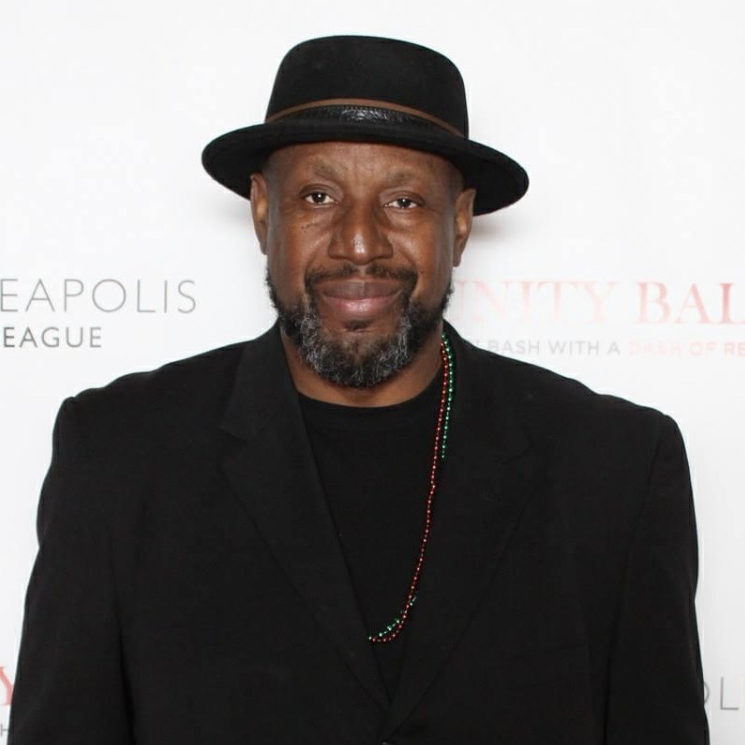
Hillary Thomas
Environmental Justice Coordinating Council (Minnesota)
Empowerment Grant awardees
Organization: Aces4Youth
Location: Illinois
Grant: Power Teams Initiative for Solar Training Hubs for the Clean Energy Jobs Act
Organization: Community Development Corporation of Pembroke Hopkins Park
Location: Illinois
Grant: Pembroke Pilot Electrification Project
Organization: Illinois Green Alliance
Location: Illinois
Grant: Engage Building Industry Professionals in Illinois to Advance Building Decarbonization Technology and Practices
Organization: Black Women Rising
Location: Ohio
Grant: Climate and Environmental Initiative to Eliminate Exploitation, Exclusion, Erasure, and Extraction
Organization: Michigan and Beyond
Location: Michigan
Grant: Indigenous and African Diasporic Multi-Media and Artistic Environmental Justice Program
Organization: Minneapolis Environmental Council
Location: Minnesota
Grant: Zero Carbon Initiative
Organization: Clean Energy 4 All
Location: Ohio
Grant: Pilot Outreach Project in Dayton-area Neighborhoods to Reduce Household Energy Burdens for Low- and Moderate-income Households
Organization: Pilgrim Baptist Church
Location: Indiana
Grant: Green Team Church Retrofit Initiative
Empowerment grant spotlight: Stewarding an energy revolution
Lee Ringo, Community Development Corporation of Pembroke and Hopkins Park
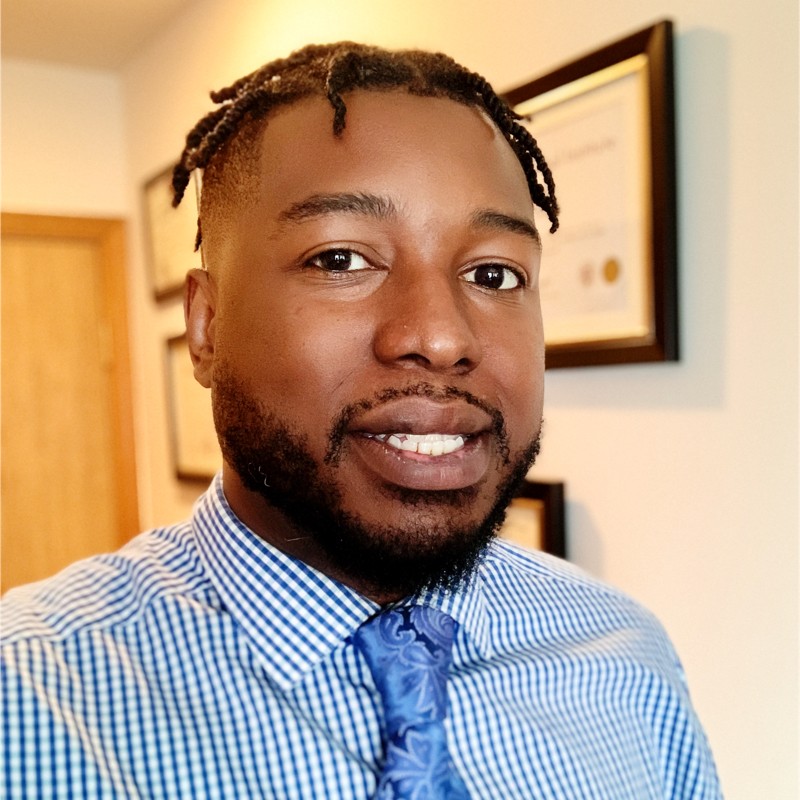
Lee Ringo, energy efficiency program manager for the Community Development Corporation of Pembroke and Hopkins Park (CDC-PHP), is excited to use Empowerment Grant funds to push the conversation for renewable energy upgrades, address health issues associated with energy choices, and push for future energy reduction solutions in Pembroke Township, Illinois, home to the “Everglades of the North,” Grand Kankakee Marsh. Covering nearly a million acres across northern Indiana and part of Illinois approximately 80 miles south of Chicago, less than a century ago, this area of the Midwest resembled the swamplands of Florida’s Everglades National Park. The traditional site of the Potawatomi Nation and a refuge for Black Americans escaping slavery and the Jim Crow southern U.S., Pembroke is sacred ground—and used to be home to some of the highest concentrations of wildlife on the planet. Then, the swamplands became a resource hub.
As industry pulled more and more resources from the wetlands, the natural landscape and its communities suffered. Today, less than five percent of the Grand Kankakee Marsh survives, bringing with it economic pressure and decreased quality of life for local communities. Currently, Pembroke is home to the largest concentration of Black farmers and cowboys in the Midwest as well as a growing Latin community. Over a century of discrimination, marginalization, institutional barriers, and environmental degradation has resulted in lack of opportunity and access, high unemployment and poverty rates, and climate threats, including decreasing natural resources, public health and safety risks, and extreme weather-related economic pressure. That’s where CDC-PHP comes in. Through networking with leaders and organizations, CDC-PHP is intensifying efforts to rebuild and restore their community from decades of systemic neglect and injustice.
We’re calling it the Pembroke Energy Efficiency Program (PEEP). It will help homes in Pembroke Township reduce energy consumption, improve environmental health, and increase economic gain for homeowners.”
Lee Ringo, Community Development Corporation of Pembroke Hopkins Park
CDC-PHP’s focus on sustainability and a clean, green, multigenerational economy built on ecological, agricultural, and economic opportunities is helping create progress in the community and serve as an example to other communities. “We’re calling it the Pembroke Energy Efficiency Program (PEEP),” Lee says. “It will help homes in Pembroke Township reduce energy consumption, improve environmental health, and increase economic gain for homeowners while providing energy awareness, eradicating local energy poverty, and stewarding an energy revolution rooted in economic stability, climate action, and community power.” The two-year pilot program will use retrofits, weatherization, and electrification to demonstrate the economic and health benefits of getting off fossil fuels and onto clean, renewable energy. The team completed energy audits of possible homes last year and has been working on finalizing updates and appliances to best fit resident needs. Read more about how Pembroke is helping residents transition their community into a clean energy future.
Sheila Curry-Campbell, Urban League of Fort Wayne, Indiana
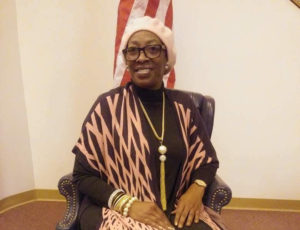
On March 2, 1919, in Fort Wayne, Indiana, Pilgrim Baptist Church was founded, and Reverend Frank L. Brown elected its first pastor. Worship services were initially held in a building that had originally been the tool shed of the Irmscher Construction Company and later would become an icehouse. Fast forward nearly 100 years later to September 2017, when Reverend Raymond C. Dix, Jr. became the sixth pastor of Pilgrim Baptist Church (PBC), located in Fort Wayne’s East Central Neighborhood. Southeast Fort Wayne, home to the East Central Neighborhood, has the highest poverty rate in the state, with almost 51 percent of residents living below the poverty line (defined as having an annual income of under $12,500). Neighboring areas see dramatically lower poverty rates, and locals reference a striking disparity in investments across the county.
But PBC’s Green Team, a collective of church members dedicated to raising awareness about and finding solutions to environmental issues in their communities, is helping remind East Central residents of their power and conducting sustainability programs that fit the needs of their families, neighbors, and community. The PBC Green Team’s vision is to transition to all-electric churches and homes and see a measurable reduction in fossil gas infrastructure in their communities. With Empowerment Grant funds from the Midwest BDC, the PBC Green Team plans to catalyze electrification and decarbonization programs that lower future community dependency on fossil gas, create a road map to high-quality, family-sustaining jobs, and improve the health, safety, energy efficiency, resilience, and comfort of East Central homes. In doing so, the PBC Green Team plans to use its platform to raise broader community awareness, share ideas and inspiration, and provide other local churches and residents with energy audits and related solutions at a discounted rate.
We’re building the power of the coalition with church people…while protecting our communities now and for generations to come.”
Sheila Curry-Campbell, Ft. Wayne Urban League
Engaging in this community power building, climate-focused work for the PBC Green Team is about honoring the history of their community just as much as it is about protecting the present and safeguarding the future. Sheila Curry-Campbell and collaborators at the Fort Wayne Urban League who nominated PBC are on fire to build an Indiana-based coalition for building decarbonization—and they’re doing it in a community where no one has worked on building decarbonization before. Sheila says about the program, “We’re building the power of the coalition with church people, where everyone is at the table. Through this program, we’re able to focus on building close, respectful public relationships that safeguard churches and their personal interests while protecting our communities now and for generations to come—and creating a space for intergenerational learning from youth to adults and adults to youth.”
Fresh Energy and the Midwest BDC are excited about how this unique program will drive the work of the Midwest Building Decarbonization Coalition forward in local communities across the region by putting power directly into the hands of community members who know their communities best and can help bring about needed change in an equitable, life-improving way. Based on the success of the inaugural year of the program, the Midwest BDC is sure to see measurable progress made for community health and quality of life, helping co-create a vision of a more just and equitable clean energy future in which everyone thrives.
But the journey doesn’t end here! Your continued support helps bring that equitable and just clean energy future to fruition. Make a gift today to help fund the next round of Midwest BDC’s Participation Stipends and Empowerment Grants program!
